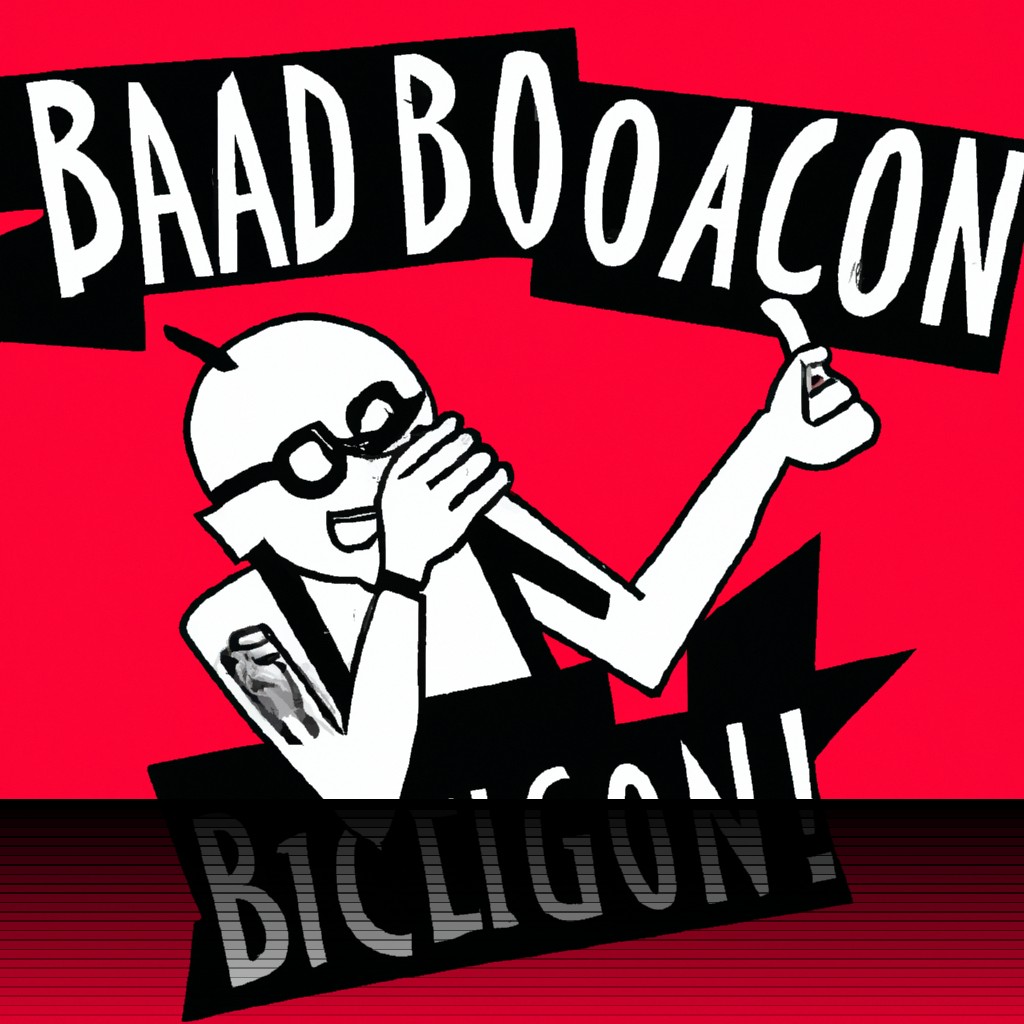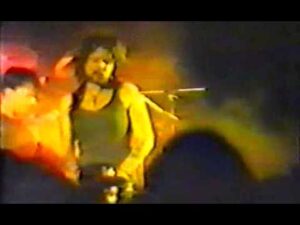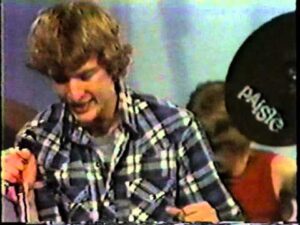Formation & Members
Bad Religion, one of the most influential bands in the punk rock and hardcore scenes, was formed in 1980 in Los Angeles, California. The original lineup consisted of Greg Graffin on vocals, Brett Gurewitz on guitar, Jay Bentley on bass, and Jay Ziskrout on drums. This quartet was driven by a shared passion for fast-paced, aggressive music and a penchant for thought-provoking lyrics.
Over the years, the band has undergone numerous lineup changes, with Graffin and Gurewitz as the central figures. Noteworthy members who have contributed to the band’s legacy include guitarist Brian Baker, who joined in 1994, and drummer Brooks Wackerman, who was with the band from 2001 until 2015. Despite these changes, Bad Religion has managed to maintain a consistent sound and message that resonates with fans worldwide.
Musical Style & Characteristics
Bad Religion is renowned for their distinct blend of punk rock, characterized by fast tempos, powerful guitar riffs, and melodic vocals. Their music often incorporates complex harmonies, a feature not typically associated with punk rock, but which has become a staple of their sound. The band’s lyrics are famously intellectual, tackling themes such as religion, politics, and personal introspection. Greg Graffin’s scholarly background often infuses their music with a unique depth, as he holds a Ph.D. in zoology and frequently draws upon scientific and philosophical topics.
Their sound is also marked by its polished production quality, largely due to Gurewitz’s involvement with Epitaph Records, an influential label he founded that has become synonymous with the punk rock genre.
Key Works & Discography
Bad Religion’s discography is extensive, with over 17 studio albums to their name. Their debut album, “How Could Hell Be Any Worse?” (1982), set a powerful precedent with its raw energy and critical lyrics. The band’s third album, “Suffer” (1988), is often credited with revitalizing the punk scene in the late 1980s. It featured a more mature sound and lyrical content that resonated deeply with listeners.
Subsequent albums such as “No Control” (1989) and “Against the Grain” (1990) solidified their status in the punk community, with standout tracks like “You” and “21st Century (Digital Boy).” The 1994 release “Stranger Than Fiction” marked their commercial breakthrough, achieving gold status and featuring hits like “Infected” and “21st Century (Digital Boy).” This album also represented a brief period when Gurewitz left the band, only to return in 2001.
Recent works, including “Age of Unreason” (2019), continue to showcase their commitment to addressing contemporary issues with the same fervor and intelligence that has defined their career.
Influence on Other Bands/Scenes
Bad Religion’s impact on the punk and hardcore scenes is immeasurable. Their innovative approach to punk rock has influenced a myriad of bands, including some of the biggest names in the genre today. Bands like NOFX, The Offspring, and Rise Against have all cited Bad Religion as a key influence, particularly in terms of lyrical content and harmonic sophistication.
Beyond direct musical influence, Bad Religion helped shape the ethos of the punk scene, promoting the idea that punk could be both intellectually engaging and socially relevant. Their involvement with Epitaph Records also provided a platform for many other punk bands to reach wider audiences, further cementing their legacy as pioneers of the genre.
Breakups or Reunions
Throughout their career, Bad Religion has experienced moments of tension, particularly during Gurewitz’s temporary departure in the mid-1990s. This period saw the band signing with Atlantic Records, a move that some fans viewed as a departure from their independent roots. Gurewitz’s return in 2001 was a significant moment for the band, allowing them to continue their journey with renewed vigor.
Despite these challenges, Bad Religion has never officially disbanded. Instead, they have consistently managed to navigate internal and external pressures, maintaining their place in the punk rock pantheon.
Current Reputation & Legacy
Today, Bad Religion is regarded as one of the most enduring and respected acts in punk rock. Their legacy is built on a foundation of musical innovation, lyrical brilliance, and a steadfast commitment to their principles. They continue to tour and release new music, engaging with both long-time fans and new listeners alike.
Their influence extends beyond music, as they have continuously advocated for social and political change. Bad Religion’s willingness to confront challenging topics has earned them a reputation as not just musicians, but as thought leaders in the punk community.
Conclusion
Bad Religion’s journey from their formation in Los Angeles to becoming titans of the punk rock scene is a testament to their resilience and creativity. With a career spanning over four decades, they have consistently pushed the boundaries of what punk rock can be, inspiring generations of musicians and fans.
As they continue to produce and perform, Bad Religion remains a vital force in the music world, proving that punk rock is not just a genre, but a lasting movement with the power to effect change.









